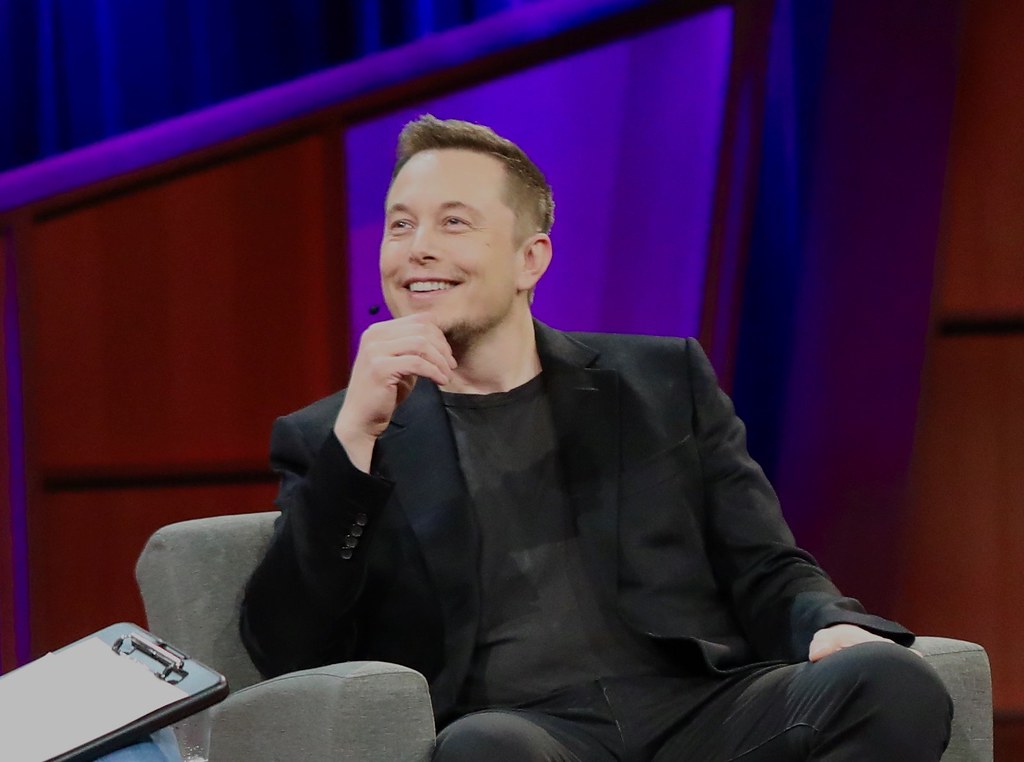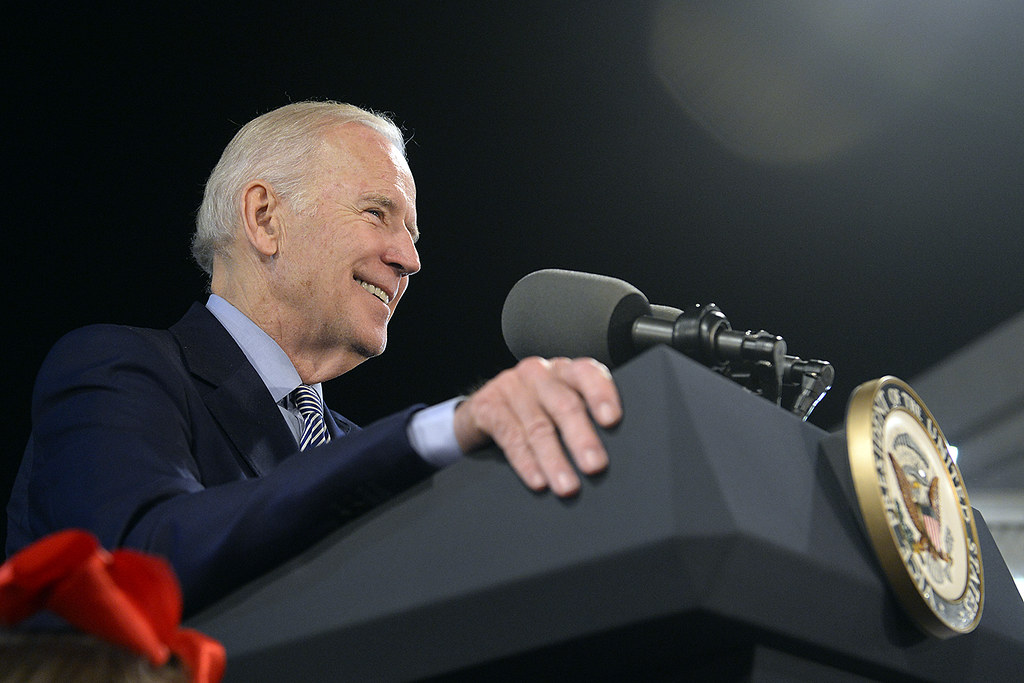
Arnold Alois Schwarzenegger’s life story reads like an epic saga, a testament to ambition, relentless discipline, and an uncanny ability to transcend conventional boundaries. Born in the humble environs of Thal, Styria, in post-war Austria, his journey from a strict, impoverished upbringing to becoming a global icon in multiple fields is nothing short of extraordinary. His early days were marked by challenging family dynamics and a burning desire for something more, a drive that would ultimately propel him across continents and into the annals of history as a celebrated bodybuilder, an unparalleled action star, and a transformative political leader.
Schwarzenegger’s narrative is a compelling study in self-reinvention, demonstrating how an individual can sculpt not only their physique but also their destiny through sheer force of will. From the moment he first discovered the transformative power of weights at 15, his path diverged sharply from the expectations of his family and society. He envisioned a future far grander than his surroundings, one filled with wealth, recognition, and impact, a vision he pursued with an unwavering focus that would define every chapter of his remarkable career.
This initial exploration will delve into the foundational aspects of Schwarzenegger’s ascent, beginning with his roots in Austria and the pivotal decision that steered him towards bodybuilding. We will meticulously trace his rise through the competitive ranks, from his early triumphs in Europe to his ultimate conquest of the Mr. Universe and Mr. Olympia titles, establishing him as one of the greatest bodybuilders of all time. Finally, we will examine his audacious transition into the demanding world of Hollywood, chronicling his initial struggles and the defining roles that cemented his status as a cinematic force.
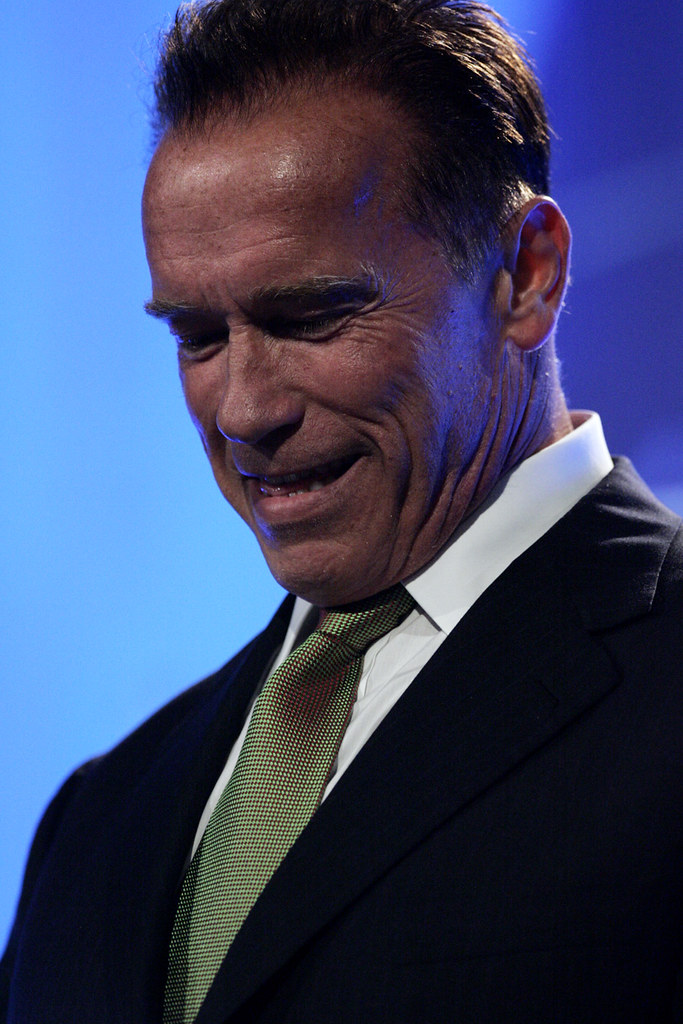
1. **Early Life and Formative Years in Austria**Arnold Alois Schwarzenegger was born on July 30, 1947, in Thal, Styria, as the second son of Gustav Schwarzenegger and Aurelia Jadrny. His father, Gustav, served as the local chief of police and had a complicated history, having joined the Nazi Party and the Sturmabteilung (SA) after the Anschluss in 1938, serving as a military policeman in World War II and being wounded in the Battle of Stalingrad. This background, particularly Gustav’s service in “theaters of the war where atrocities were committed,” received significant press attention during Arnold’s 2003 gubernatorial campaign.
Growing up in a Catholic family, Schwarzenegger described his parents as “very strict,” noting that “Back then in Austria it was a very different world … if we did something bad or we disobeyed our parents, the rod was not spared.” His father openly favored his elder son, Meinhard, over Arnold, stemming from an unfounded suspicion that Arnold was not his biological child. This favoritism created a challenging home environment, pushing Arnold towards a rebellious spirit.
In a candid 2004 interview with Fortune, Schwarzenegger recounted suffering what he termed “child abuse” at his father’s hands, recalling instances where his hair was pulled and he was hit with belts. He viewed this as part of a broader “German-Austrian mentality” that sought to enforce conformity rather than foster individuality. However, he stated, “I was one who did not conform, and whose will could not be broken. Therefore, I became a rebel. Every time I got hit, and every time someone said, ‘You can’t do this,’ I said, ‘This is not going to be for much longer because I’m going to move out of here. I want to be rich. I want to be somebody.'” This early adversity forged in him an unyielding determination to escape his circumstances and achieve greatness.
Academically, Schwarzenegger was reportedly average but known for his “cheerful, good-humored, and exuberant” character. He later learned he was dyslexic, a condition that contributed to his struggles with reading in school. Financial hardship was a constant presence in the household, with the purchase of a refrigerator standing out as a significant event in his youth. Despite his father’s athletic background and desire for his sons to excel in Bavarian curling, Arnold’s aspirations would soon lead him down a profoundly different path.
Read more about: Exploring the Minds that Shaped Our World: A Journey Through the Legacies of Iconic Scientists
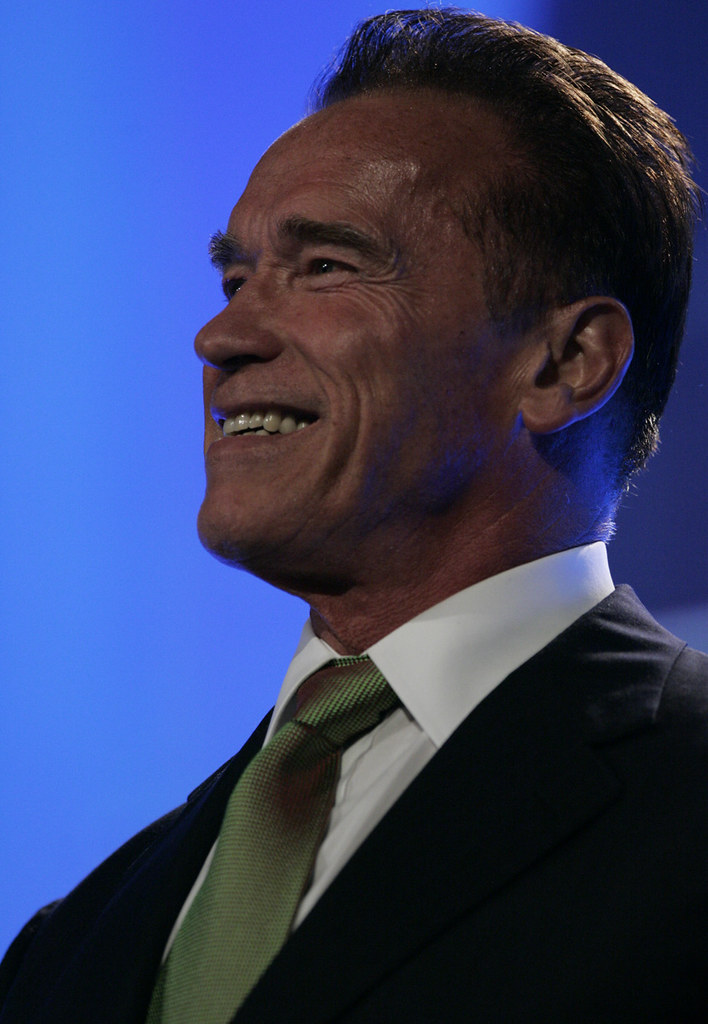
2. **The Genesis of a Bodybuilder: Discovering Weights**Schwarzenegger’s life took a definitive turn in 1960 when, at the age of 13, his soccer coach took his team to a local gym. This introduction to weight training ignited a passion that would redefine his life’s trajectory. By age 14, he had already made the monumental decision to choose bodybuilding over soccer as his chosen career path, a choice that diverged significantly from his father’s hopes for him to become a police officer or his mother’s desire for him to attend trade school.
He later elaborated on this pivotal moment, stating, “I actually started weight training when I was 15, but I’d been participating in sports, like soccer, for years, so I felt that although I was slim, I was well-developed, at least enough so that I could start going to the gym and start Olympic lifting.” His official website biography, however, presents a slightly different timeline, claiming that “at 14, he started an intensive training program with Dan Farmer, studied psychology at 15 (to learn more about the power of mind over body) and at 17, officially started his competitive career.” Regardless of the precise age, the commitment to bodybuilding was established early and fiercely.
Schwarzenegger became a dedicated regular at a gym in Graz, where he also found inspiration in local movie theaters, watching films featuring bodybuilding idols such as Reg Park, Steve Reeves, and Johnny Weissmuller. He idolized these figures, particularly Steve Reeves, recalling upon Reeves’ death in 2000, “As a teenager, I grew up with Steve Reeves. His remarkable accomplishments allowed me a sense of what was possible when others around me didn’t always understand my dreams. Steve Reeves has been part of everything I’ve ever been fortunate enough to achieve.” These cinematic heroes fueled his burgeoning ambition, showing him a world of physical perfection and recognition.
His dedication was legendary even in his youth. In 1961, he met former Mr. Austria Kurt Marnul, who recognized his potential and invited him to train at his gym in Graz. Schwarzenegger was so committed that he would break into the closed local gym on weekends to ensure he didn’t miss a workout, famously stating, “It would make me sick to miss a workout… I knew I couldn’t look at myself in the mirror the next morning if I didn’t do it.” This level of discipline, bordering on obsession, laid the groundwork for his future unparalleled success in the sport.

3. **Dominance on the European Stage: Junior Mr. Europe and Mr. Europe**Schwarzenegger’s burgeoning talent and relentless training quickly yielded results on the competitive stage. His mandatory one-year service in the Austrian Army in 1965, required of all 18-year-old Austrian males, presented an unexpected opportunity. During his army service, he went AWOL from basic training to participate in the Junior Mr. Europe contest, a daring move that landed him a week in military prison. Reflecting on this decision, he explained, “Participating in the competition meant so much to me that I didn’t carefully think through the consequences.” This audacious act underscored his singular focus and unyielding commitment to his bodybuilding aspirations.
His gamble paid off handsomely, as he won the Junior Mr. Europe title in 1965. This initial victory was a powerful affirmation of his chosen path and served as a significant milestone, marking his official entry into the competitive bodybuilding world. It proved that his intense training and sacrifice were not in vain and that he possessed the potential to excel far beyond his local gym.
The following year, in 1966, Schwarzenegger continued his rapid ascent, securing the Mr. Europe title at the remarkable age of 19. This consecutive victory solidified his reputation as a rising star in European bodybuilding circles. He also competed in another bodybuilding contest in Graz at the Steirerhof Hotel, where he placed second, and was voted “best-built man of Europe,” further enhancing his fame and recognition within the sport. These early triumphs were crucial in building his confidence and establishing a foundation for the even greater challenges that lay ahead.
These victories were more than just trophies; they were stepping stones towards a grander ambition. Schwarzenegger viewed these European titles as crucial prerequisites for his ultimate goal: to conquer the American bodybuilding scene. He famously declared, “The Mr. Universe title was my ticket to America—the land of opportunity, where I could become a star and get rich.” His success on the European stage was thus not an end in itself, but a powerful springboard for his transatlantic aspirations, demonstrating his strategic foresight and boundless ambition even at a young age.
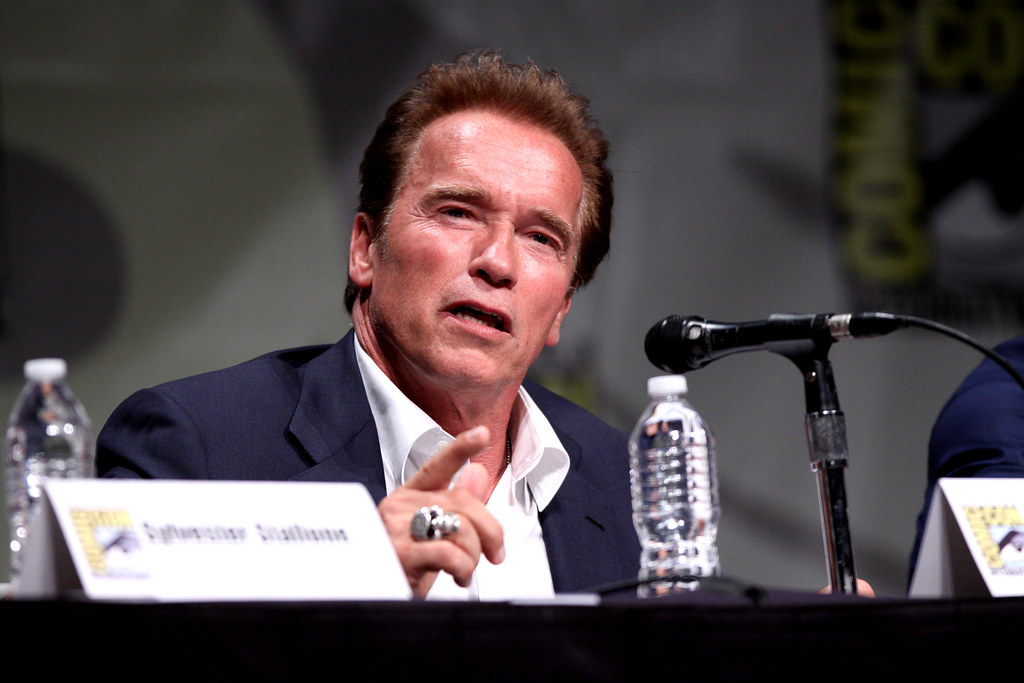
4. **The Leap to America and the Mr. Universe Titles**In 1966, armed with his European accolades and an unshakeable ambition, Schwarzenegger made his first plane trip to attend the NABBA Mr. Universe competition in London. Despite his impressive physique, he placed second to American winner Chester Yorton, who possessed superior muscle definition, particularly in his legs. This setback, however, did not deter him; instead, it fueled his resolve and led to a crucial mentorship.
One of the judges at the 1966 competition, Charles “Wag” Bennett, was profoundly impressed by Schwarzenegger’s potential and offered to coach him. With limited financial resources, Schwarzenegger accepted Bennett’s invitation to stay in his crowded family home above one of his gyms in Forest Gate, London. Under Bennett’s guidance, Schwarzenegger intensely focused on improving his leg definition, addressing the specific weakness that had cost him the title. Living with the Bennetts also provided an invaluable opportunity to enhance his rudimentary English skills, proving beneficial for his long-term ambitions.
The immersion in the Bennett household was transformative, extending beyond just physical training. Schwarzenegger reflected, “Being with them made me so much more sophisticated. When you’re the age I was then, you’re always looking for approval, for love, for attention and also for guidance. At the time, I wasn’t really aware of that. But now, looking back, I see that the Bennett family fulfilled all those needs. Especially my need to be the best in the world. To be recognized and to feel unique and special. They saw that I needed that care and attention and love.” This period was instrumental in his personal and professional development.
The rigorous training and mentorship paid off spectacularly. In 1967, Schwarzenegger achieved his dream, winning the NABBA Mr. Universe title for the first time, making him the youngest ever Mr. Universe at the age of 20. He would go on to win this prestigious title another three times, including the professional NABBA Mr. Universe in 1968 and 1969, and the IFBB Mr. Universe amateur in 1969. These victories firmly established him as a dominant force in international bodybuilding, paving the way for his ultimate move to the United States. In 1966, he also had the opportunity to meet his childhood idol Reg Park at Bennett’s home, forging a friendship and mentorship that would further guide his career.

5. **Achieving Bodybuilding Immortality: The Mr. Olympia Era**Having conquered the Mr. Universe stage, Schwarzenegger harbored an even greater ambition: to become Mr. Olympia, the undisputed greatest bodybuilder in the world. He moved to the United States in October 1968 at age 21, speaking little English, seeing bodybuilding as his avenue to achieve his long-held dream of living in America. There, he trained at Gold’s Gym in Venice, Los Angeles, under the supervision of Joe Weider, a renowned figure in the bodybuilding world.
His first attempt at the Mr. Olympia title came in 1969, where he placed second to the formidable three-time champion Sergio Oliva. This initial defeat only intensified his resolve. The following year, in 1970, Schwarzenegger returned to the competition stronger and more determined, capturing his first Mr. Olympia title in New York. At 23 years old, he became the youngest ever Mr. Olympia, a record he remarkably still holds to this day. This victory marked a monumental turning point, establishing him as the new king of professional bodybuilding.
Schwarzenegger’s dominance continued virtually unchallenged through the early 1970s, as he secured consecutive Mr. Olympia titles from 1971 to 1974. During this period, he also used his growing fame to tour internationally, selling vitamins, as evidenced by his visit to Helsinki, Finland, in 1972. His image as the “Austrian Oak” solidified, making him a household name within the fitness community and beyond, a symbol of unparalleled muscularity and dedication.
A significant chapter in his Mr. Olympia reign was documented in the acclaimed 1977 bodybuilding film *Pumping Iron*. Filmmakers George Butler and Robert Fiore convinced Schwarzenegger to compete again for the 1975 Mr. Olympia, despite him having lost significant weight for a role in the film *Stay Hungry*. With only three months to prepare, he remarkably returned to top form, winning his sixth consecutive title by defeating Franco Columbu. Following this victory, Schwarzenegger announced his retirement from professional bodybuilding, seemingly ending an era of unprecedented dominance.
However, his retirement was short-lived. Schwarzenegger made a controversial comeback to compete in the 1980 Mr. Olympia, having gotten into excellent shape for his role in *Conan* through running, horseback riding, and sword training. He kept his plans a secret, announcing his entry at the last minute while ostensibly hired to provide color commentary. Despite only seven weeks of preparation and a noticeable lack of muscle mass in his thighs compared to his prime, he won his seventh Mr. Olympia title. This victory, while cementing his record, generated significant controversy among fellow competitors and observers, particularly from Mike Mentzer, who felt cheated and subsequently withdrew from competitive bodybuilding. With this contentious win, Schwarzenegger officially retired from competition, leaving an indelible, albeit sometimes debated, mark on the sport.
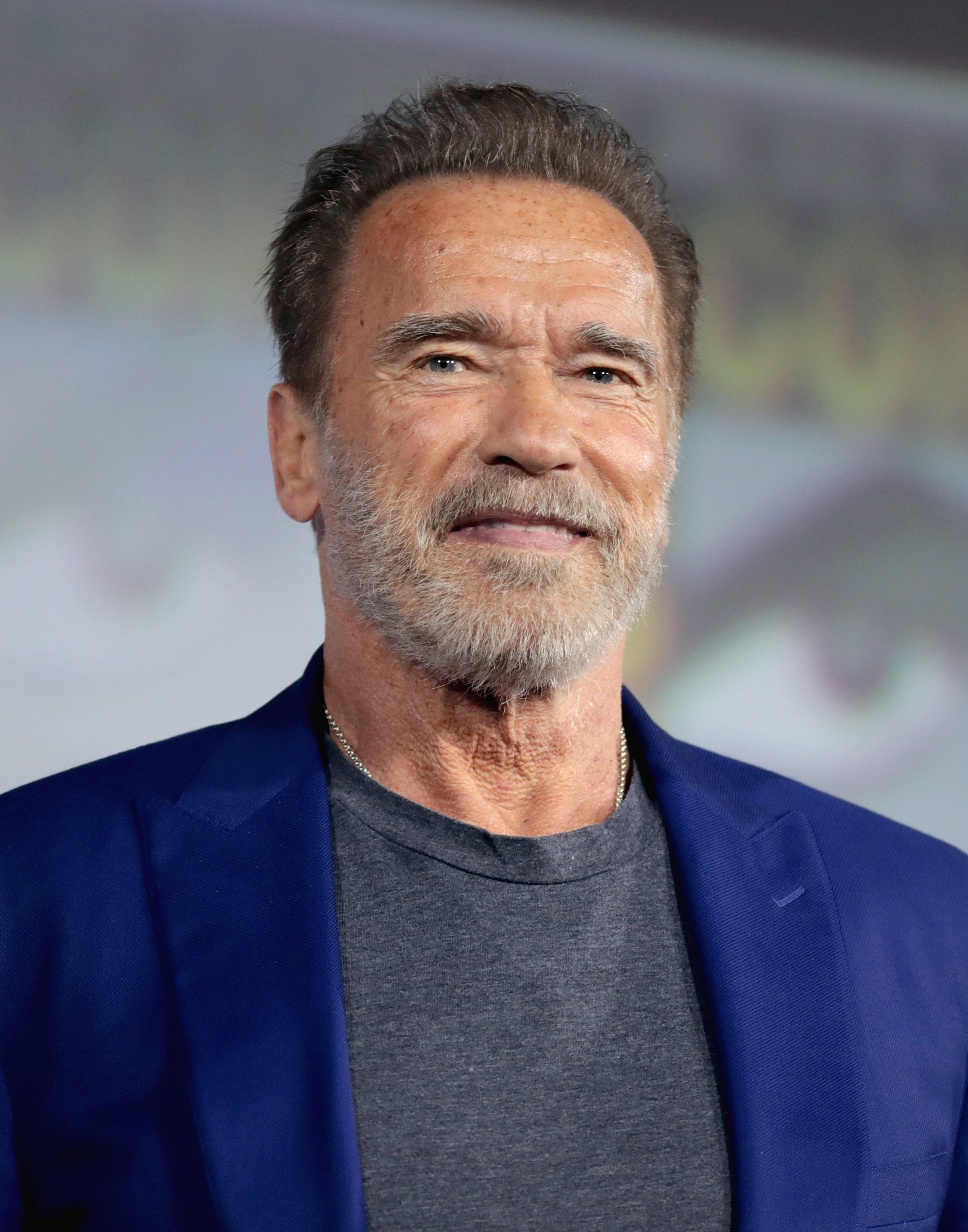
6. **Transition to the Silver Screen: Early Acting Ventures**Even as he dominated the bodybuilding world, Arnold Schwarzenegger harbored a fervent desire to transition into acting, a dream he had held since his youth. His initial foray into Hollywood came with the title role in *Hercules in New York* (1970). However, this debut was met with considerable challenges; credited under the stage name “Arnold Strong,” his thick Austrian accent necessitated that his lines be dubbed after production, foreshadowing some of the hurdles he would face.
He candidly spoke about these early struggles, recalling, “It was very difficult for me in the beginning – I was told by agents and casting people that my body was ‘too weird’, that I had a funny accent, and that my name was too long. You name it, and they told me I had to change it. Basically, everywhere I turned, I was told that I had no chance.” These early rejections and criticisms highlighted the formidable task of breaking into an industry often resistant to unconventional talent, particularly for someone whose physique was considered extraordinary rather than typical.
Despite these obstacles, Schwarzenegger persisted. His second film appearance was a smaller role as hired muscle in *The Long Goodbye* (1973), followed by a more substantial part in *Stay Hungry* (1976). For *Stay Hungry*, he notably won the Golden Globe Award for New Star of the Year – Actor, a significant early recognition of his acting potential, suggesting that his unique presence could indeed translate to the screen.
His profile received a considerable boost from the bodybuilding documentary *Pumping Iron* (1977), which dramatically captured elements of his competitive life and charismatic personality, bringing him to a wider audience. In the same year, he made guest appearances in television shows like *The San Pedro Beach Bums* and *The Streets of San Francisco*. He also auditioned for the iconic role of The Incredible Hulk but was not cast due to his height, with Lou Ferrigno ultimately securing the part. These early experiences, though varied in success, collectively prepared him for the pivotal breakthrough that would transform him into a global cinematic phenomenon.
Read more about: The Life and Times of Conchata Ferrell: Celebrating an Incomparable Character Actress

7. **Hollywood Breakthrough: Conan and The Terminator**The early 1980s proved to be the pivotal period that transformed Arnold Schwarzenegger from a bodybuilding legend with acting aspirations into a bona fide Hollywood star. His breakthrough arrived with the sword and sorcery epic *Conan the Barbarian* in 1982. This film, a box-office hit, perfectly leveraged his imposing physique and commanding presence, casting him as a mythic warrior whose physical prowess was central to the narrative. It was a role that played to his strengths, minimizing the challenges of his accent and maximizing his unique physical attributes.
The success of *Conan the Barbarian* led to a sequel, *Conan the Destroyer*, in 1984, though it did not achieve the same level of critical or commercial acclaim as its predecessor. Nevertheless, these films established Schwarzenegger as a credible leading man in the burgeoning action genre. In 1983, he also starred in the promotional video *Carnival in Rio*, further expanding his public visibility beyond traditional cinema.
However, it was his next role that would truly cement his legacy as an action icon and provide him with his acting career’s “signature role.” In 1984, Schwarzenegger starred as the titular character in James Cameron’s groundbreaking science fiction action film, *The Terminator*. This role, an emotionless, relentless cyborg assassin, ingeniously turned his distinct accent and formidable physicality into integral aspects of the character, rather than obstacles. The film was a critical and commercial triumph, transforming him into a global superstar and establishing a franchise that would define a significant part of his cinematic identity.
The combination of *Conan the Barbarian* and *The Terminator* launched Schwarzenegger into an elite echelon of Hollywood stars. The 1980s saw a strong public appetite for action films, and he, alongside rival Sylvester Stallone, became international stars of the genre. His roles during this period, including *Commando* (1985), *Raw Deal* (1986), *The Running Man* (1987), *Predator* (1987), and *Red Heat* (1988), capitalized on his unique blend of physical power and charismatic, often humorous, delivery, distinguishing him from his more serious action hero counterparts and solidifying his reputation as an unparalleled force in action cinema.
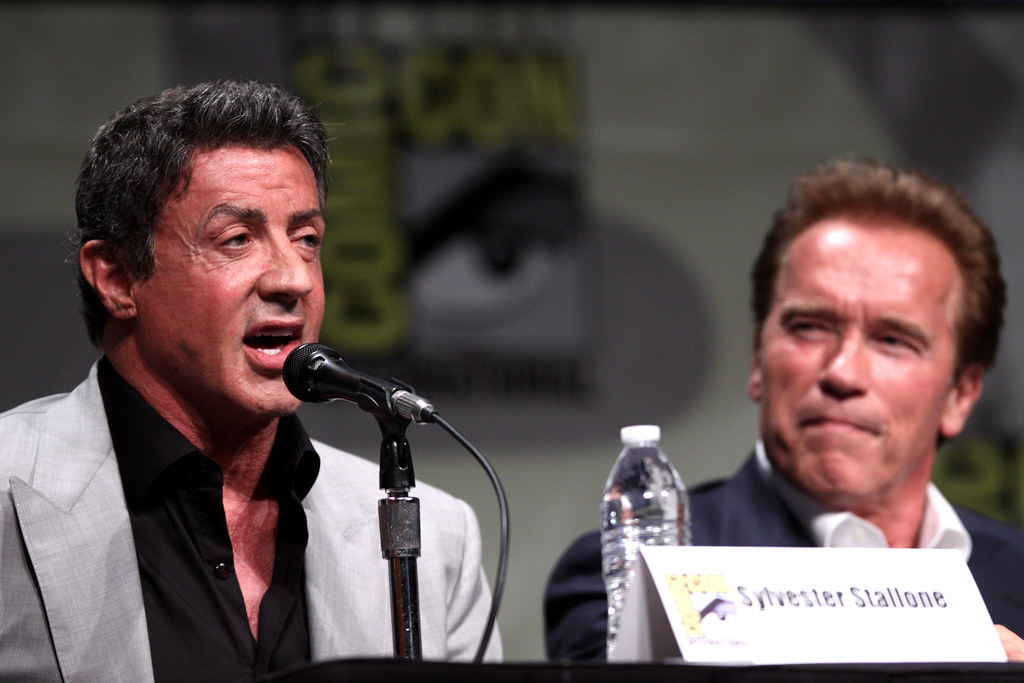
8. **Continued Cinematic Evolution: Diversification and Box Office Dynamics (1988-2003)**Following his establishment as a formidable action star, Arnold Schwarzenegger demonstrated a strategic capacity for diversifying his cinematic portfolio. His collaboration with director Ivan Reitman led to the unexpected and highly successful comedy *Twins* in 1988, a film that challenged industry perceptions of his acting range. Schwarzenegger reportedly took no salary for the project, opting instead for a share of the profits, a decision that proved immensely lucrative as the film became his first to gross over $100 million domestically, earning him over $40 million.
This foray into comedy proved that Schwarzenegger could successfully transcend the confines of the action genre, a point he frequently emphasized regarding his early career. He recalled, “When I was the action hero in the ’80s and ’90s, they wouldn’t allow me to do any comedy or anything for kids.” The success of *Twins* dismantled this barrier, allowing him to explore broader roles while maintaining his action hero persona, notably in films such as *Total Recall* (1990), a science fiction thriller for which he received $10 million and 15% of the gross.
His commercial peak arrived with the highly anticipated sequel, *Terminator 2: Judgment Day* (1991), which not only became the highest-grossing film of its year but also garnered critical acclaim. Film critic Roger Ebert remarked on Schwarzenegger’s unique talent, stating that “Schwarzenegger’s genius as a movie star is to find roles that build on, rather than undermine, his physical and vocal characteristics.” This period further solidified his global appeal, leading the National Association of Theatre Owners to name him the “International Star of the Decade” in 1993.
While projects like the self-aware action comedy *Last Action Hero* (1993) struggled at the box office against strong competition, Schwarzenegger continued to achieve success with *True Lies* (1994), reuniting him with director James Cameron for a popular spy film. He also continued his comedic ventures with *Junior* (1994), earning him his second Golden Globe nomination. However, subsequent films such as *Eraser* (1996), *Jingle All The Way* (1996), and *Batman & Robin* (1997), in which he played Mr. Freeze, experienced declining critical and commercial reception. He returned with *End of Days* (1999), *The 6th Day* (2000), and *Collateral Damage* (2002), which also underperformed, before making his third appearance as the Terminator in *Terminator 3: Rise of the Machines* (2003), a film that grossed over $150 million domestically before his transition into public office.
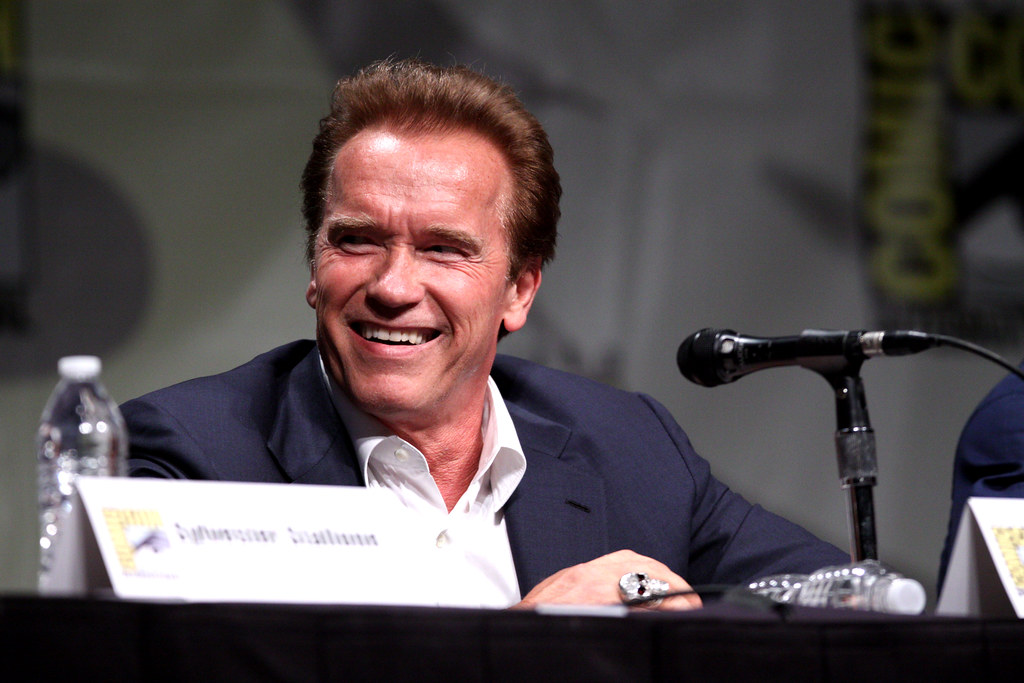
9. **Foundations of Public Service: Early Political Engagements and Ideology**Long before his gubernatorial run, Arnold Schwarzenegger cultivated a distinct political identity as a registered Republican, a stance that often contrasted with the prevailing liberal leanings of many in Hollywood. His conservative views became publicly known during the 1988 presidential election. He articulated the origins of his political alignment vividly in a speech at the 2004 Republican National Convention, recalling his arrival in the United States in 1968.
He described encountering the Nixon–Humphrey presidential race on television, noting that Hubert Humphrey’s rhetoric reminded him of the socialism he had recently left behind in Austria. Conversely, Richard Nixon’s espousal of “free enterprise, getting the government off your back, lowering the taxes and strengthening the military” resonated profoundly with him, leading him to declare, “Then I am a Republican. And I have been a Republican ever since.” This early ideological clarity formed the bedrock of his subsequent political actions.
Schwarzenegger’s engagement in public service commenced well before his electoral ambitions. During the George H. W. Bush administration, he notably chaired the President’s Council on Physical Fitness and Sports for a significant portion of its tenure. Furthermore, his commitment to public welfare was evidenced by his appearance in “Stop the Madness,” an anti-drug music video sponsored by the Reagan administration in 1985. These early roles underscored his growing interest in civic duty and provided a foundation for his later, more prominent political endeavors.
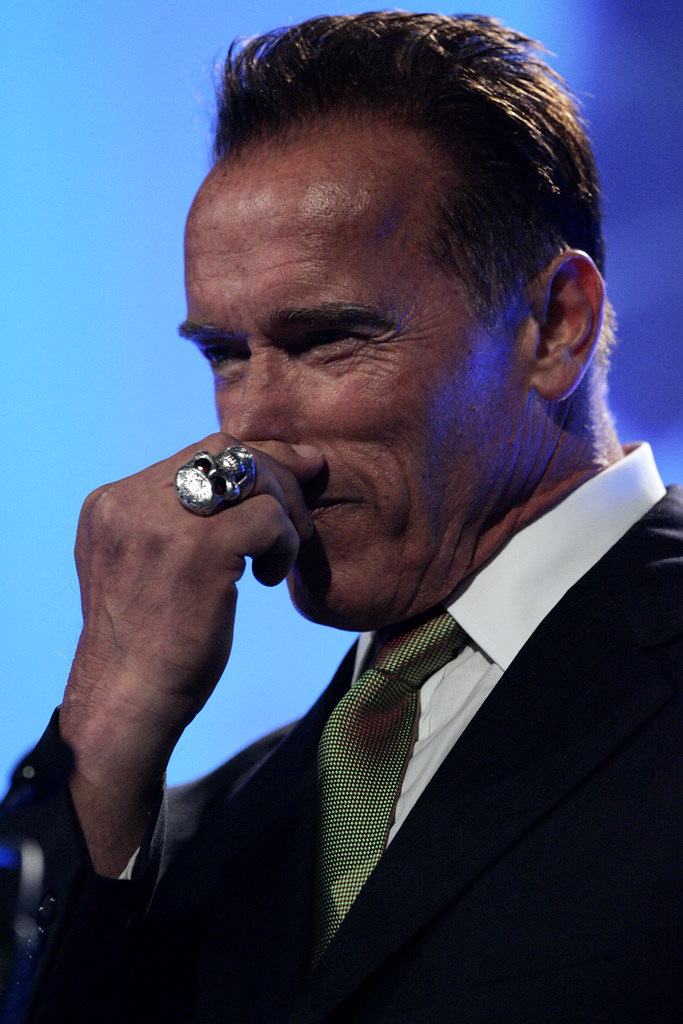
10. **The Gubernatorial Campaign: Ascending to California’s Highest Office**Arnold Schwarzenegger’s entry into the political arena marked a transformative moment for California, capturing national and international attention with his unconventional path to public office. Leveraging his immense celebrity and widespread public recognition, he launched an audacious campaign for governor during the state’s historic 2003 special recall election. This sudden pivot from action hero to gubernatorial candidate was met with a mix of surprise, skepticism, and fervent enthusiasm across the political spectrum.
His campaign, built on a platform of fiscal conservatism and governmental reform, resonated with a significant portion of the electorate dissatisfied with the incumbent administration. On October 7, 2003, Schwarzenegger secured a decisive victory, receiving 48.6 percent of the vote. This placed him a substantial 17 points ahead of the leading Democratic challenger, Lieutenant Governor Cruz Bustamante, and cemented his improbable rise to the state’s highest executive position.
Schwarzenegger was officially sworn in as the 38th governor of California on November 17, 2003. His mandate was to serve the remainder of the recalled Governor Gray Davis’s term, a period that ushered in an era often characterized by his unique brand of celebrity politics. His election underscored a notable shift in California’s political landscape, propelled by an electorate eager for change and drawn to his distinct persona as an “Austrian and American actor, businessman, former politician, and former professional bodybuilder.”
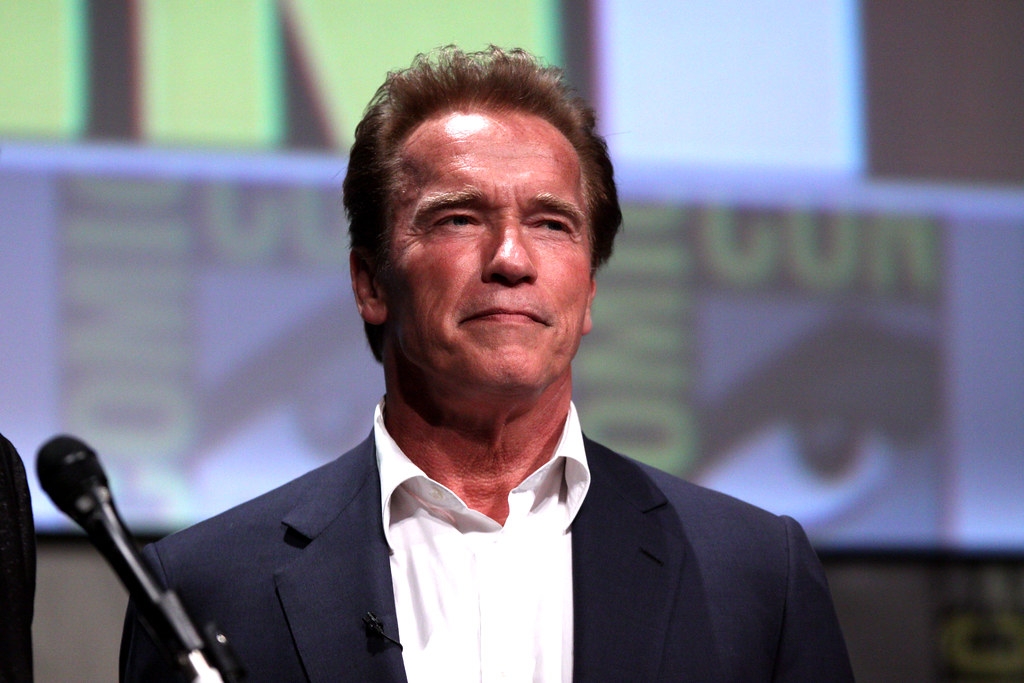
11. **Leading California: Re-election, Policy, and Public Scrutiny**Governor Schwarzenegger’s tenure in office extended beyond the initial recall term, as he successfully campaigned for re-election in the 2006 gubernatorial election. He secured a full term with an increased vote share of 55.9 percent, demonstrating continued public support for his leadership and policies. His re-election further solidified his position as a formidable political figure in a state known for its complex and often polarized political dynamics. As of 2025, Schwarzenegger, alongside Steve Poizner, remains among the last Republicans to achieve or retain statewide office in California, highlighting a significant political trend in the state.
During his time as governor, Schwarzenegger maintained ties to the fitness industry, notably accepting the role of executive editor for the prominent bodybuilding magazines *Muscle & Fitness* and *Flex*. This position, while largely symbolic, carried a significant financial component. The magazines’ parent company agreed to donate $250,000 annually to the Governor’s various physical fitness initiatives, a gesture intended to align with his public health agenda.
However, this arrangement quickly drew criticism for potential conflicts of interest. Details of the deal, which included a contract reportedly worth at least $1 million a year to Schwarzenegger, sparked public debate in 2005. Critics pointed out the inherent conflict given that the governor’s office was responsible for making decisions concerning the regulation of dietary supplements in California, an industry closely associated with the magazines.
In response to the mounting scrutiny, Governor Schwarzenegger relinquished the executive editor role in 2005 to mitigate any perceived impropriety. This incident underscored the unique challenges and public expectations placed upon a celebrity governor. Despite stepping down, he would later accept a renewed offer to serve as executive editor for the magazines in March 2013, after his term as governor had concluded.
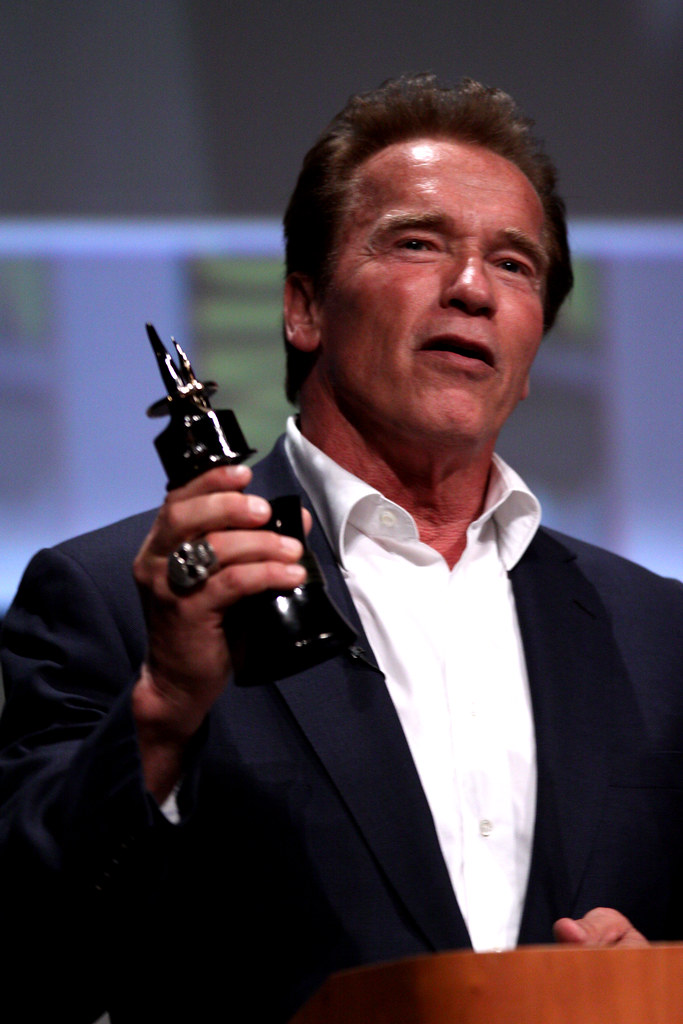
12. **The Return to the Silver Screen: Post-Political Resurgence (2011-2015)**Upon reaching his term limit as governor in 2011, Arnold Schwarzenegger swiftly signaled his intent to return to his iconic acting career, weeks after leaving office. In January 2011, he announced he was actively reading several new scripts, among them a World War II action drama titled *With Wings as Eagles*, penned by Randall Wallace, indicating a deliberate and strategic re-entry into the entertainment sphere after a hiatus dedicated to public service.
His return was marked by considerations for various high-profile projects, including potential sequels to *The Terminator* and remakes of classic action films such as *Predator* and *The Running Man*. Concurrently, he embarked on an innovative venture, “packaging” a comic book character known as the “Governator,” which was developed with Stan Lee and intended to star Schwarzenegger himself in an animated series. This period demonstrated a multifaceted approach to his comeback, blending established franchises with new, personalized content.
Despite this enthusiastic return, a brief but significant pause occurred in May 2011, when his entertainment counsel announced a temporary halt to all film projects due to “personal matters,” referring to legal issues related to his divorce. However, this interruption proved short-lived, as an announcement in July 2011 confirmed Schwarzenegger was once again actively considering a comeback film, underscoring his unwavering commitment to his acting career.
His post-governorship filmography began to rapidly expand, featuring a cameo in Sylvester Stallone’s *The Expendables* (2010), a role that evolved into a more substantial appearance in *The Expendables 2* (2012) as Trench Mauser, and a return in *The Expendables 3* (2014). He embraced his first leading role in a decade with *The Last Stand* (2013) and subsequently co-starred with Sylvester Stallone in *Escape Plan* (2013), rekindling a professional rivalry that had once defined the action genre.
This robust re-engagement also included roles in *Sabotage* (2014) and his fifth installment in the iconic franchise, *Terminator Genisys* (2015). These projects collectively reaffirmed his enduring presence in Hollywood, showcasing his ability to reclaim his status as a formidable action star while navigating the evolving landscape of global cinema, effectively bridging his political past with his entertainment future.
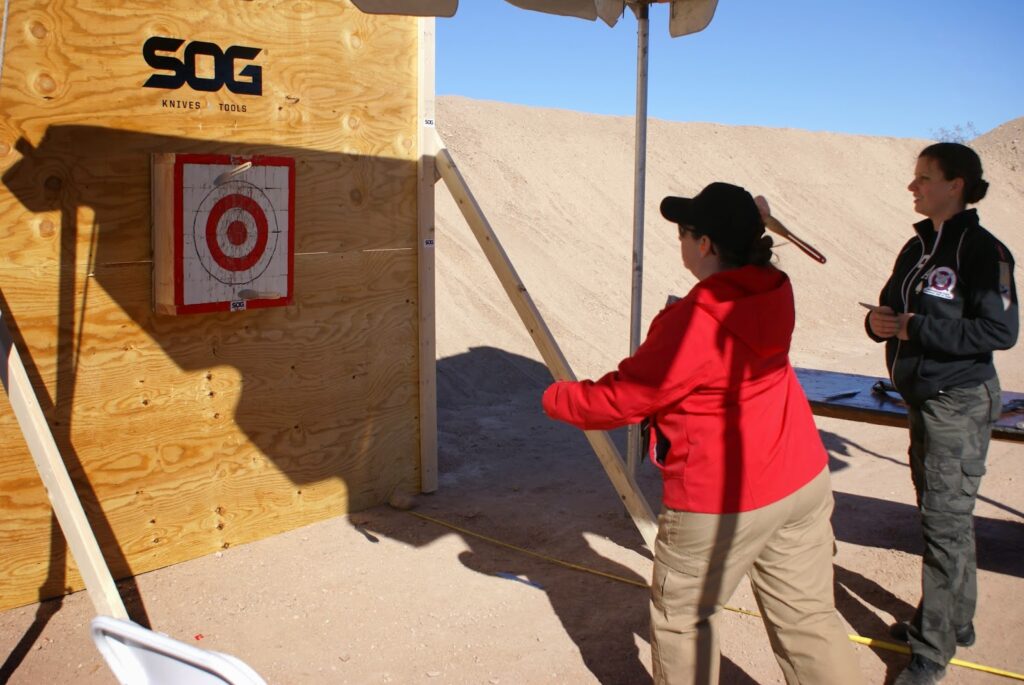
13. **Expanding Horizons: Television, Unfinished Projects, and Franchise Revival (2015-2019)**Beyond the silver screen, Arnold Schwarzenegger ventured into the realm of network television, assuming the role of host for *The New Celebrity Apprentice* during its 2016–2017 season. Replacing Donald Trump, Schwarzenegger brought his distinctive persona to the reality competition. On the show, he famously adapted his iconic movie lines, employing phrases like “you’re terminated” and “get to the choppa” when dismissing contestants, injecting a characteristic blend of pop culture and business acumen into the program.
His tenure as host, however, was marked by public exchanges with his predecessor. Following repeated criticisms from Donald Trump regarding the show’s ratings, Schwarzenegger announced in March 2017 that he would not return for another season. He famously responded to Trump via Instagram in January 2017, proposing, “Hey, Donald, I have a great idea. Why don’t we switch jobs? You take over TV because you’re such an expert in ratings, and I take over your job, and then people can finally sleep comfortably again,” highlighting his candid and often humorous approach to public discourse.
During this period, there was also significant anticipation for a planned revival of his *Conan the Barbarian* role in a film tentatively titled *The Legend of Conan*, later renamed *Conan the Conqueror*. The story was envisioned to be set 30 years after the original, drawing inspiration from Clint Eastwood’s *Unforgiven*. However, in April 2017, producer Chris Morgan confirmed that Universal Studios had ultimately dropped the project, although the possibility of a television series adaptation remained open, reflecting the industry’s shifting preferences.
Other notable, albeit varied, projects emerged during this phase. His filming of the action-comedy *Killing Gunther* in 2016 was temporarily disrupted by bank robbers near its Surrey, British Columbia, location, adding a real-life dramatic twist to the production before its release in September 2017. He was also announced to star in and produce *The Guest of Sanxingdui*, a film centered on the ruins of Sanxingdui, serving as an ambassador for the project. Additionally, Amazon Studios in 2018 announced a western-drama series called *Outrider*, with Schwarzenegger slated to star and executive produce in what would have been his first major scripted TV role, though this project was never completed.
A significant return to his defining cinematic identity came with *Terminator: Dark Fate*, released in November 2019. This installment saw Schwarzenegger reprise his role in a film produced by James Cameron, the co-creator of the series who had previously directed him in the first two *Terminator* films and *True Lies*. Shot across locations in Almería, Hungary, and the United States, this project underscored his enduring appeal and the continued resonance of his most iconic character in contemporary cinema.
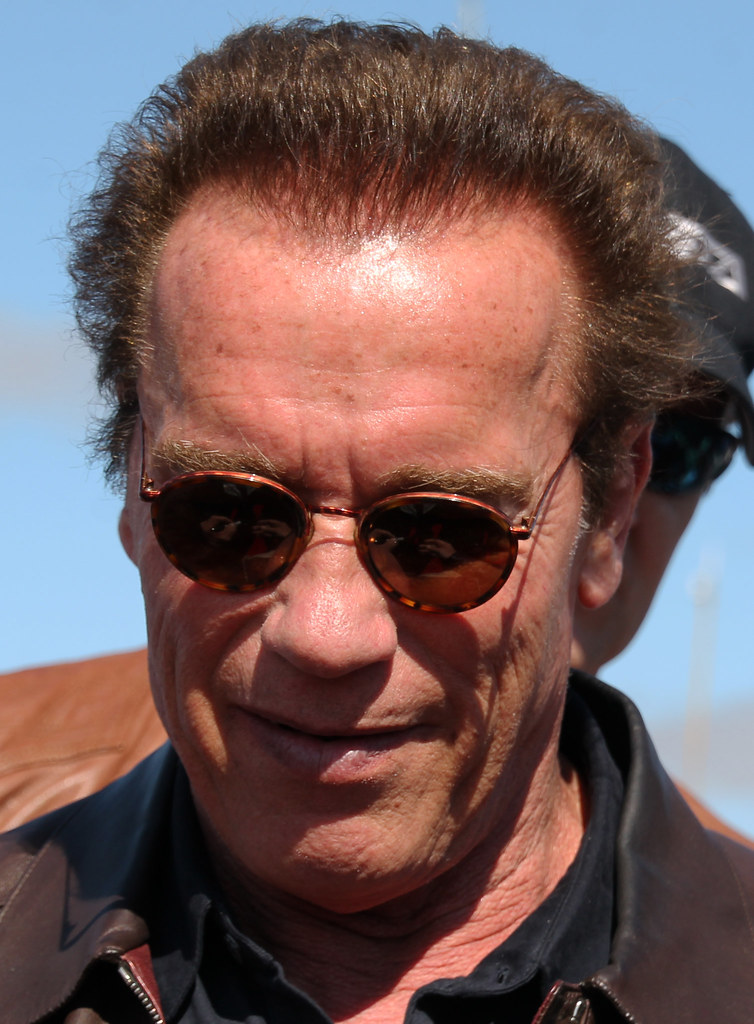
14. **The Streaming Era: New Platforms and Enduring Influence (2020-Present)**As the entertainment industry increasingly pivoted towards digital platforms, Arnold Schwarzenegger demonstrated his adaptability by embracing streaming projects in the 2020s. In 2021, he headlined the animated superhero streaming series *Superhero Kindergarten* on Kartoon Channel. In this venture, he voiced the lead character, Captain Fantastic, a role he co-developed with Stan Lee and Andy Heyward, signaling his willingness to explore new formats and engage with a younger audience while maintaining his larger-than-life persona.
His presence in animated content extended to a cameo appearance in the FXX adult animated sitcom *Little Demon*. A more comprehensive look at his unparalleled life and career arrived with the Netflix docuseries *Arnold*, released in 2023. This series provided an intimate and retrospective examination of his multifaceted journey, covering his formidable achievements in bodybuilding, his illustrious acting career, and his impactful political tenure, offering audiences a holistic view of the man behind the legend.
In a landmark move, 2023 also marked Schwarzenegger’s first leading role in a television series with *FUBAR*, an action comedy on Netflix. Portraying Luke Brunner, a veteran CIA operator, the show debuted at number one and, despite receiving mixed reviews, proved to be a successful launch for his episodic television career. This venture was subsequently greenlit for a second season, slated for release in 2025, further cementing his significant presence in the expanding landscape of streaming entertainment.
His continued engagement with streaming platforms includes voice acting as the boastful monarch King Aelstrom in the 2024 Amazon Prime anthology series *Secret Level*. In this role, he offered a self-referential parody of his own *Conan* character, depicting a king endlessly failing to conquer an island, only to die and resurrect repeatedly. This role epitomizes Schwarzenegger’s enduring appeal and his ability to playfully engage with his own cinematic legacy, maintaining relevance and connecting with audiences across evolving media formats.
Arnold Schwarzenegger’s narrative remains an extraordinary testament to ambition, resilience, and an unwavering commitment to self-reinvention. From his humble origins in post-war Austria, through the disciplined rigor of professional bodybuilding, the unparalleled heights of Hollywood stardom, and the complexities of political leadership, his life has been a continuous series of audacious transformations. His journey reflects a relentless pursuit of new challenges, each chapter building upon the last to forge a legacy that transcends any single field. In an era where adaptability is paramount, Schwarzenegger continues to demonstrate an uncanny ability to evolve, leaving an indelible mark on culture, politics, and entertainment for generations to come.

